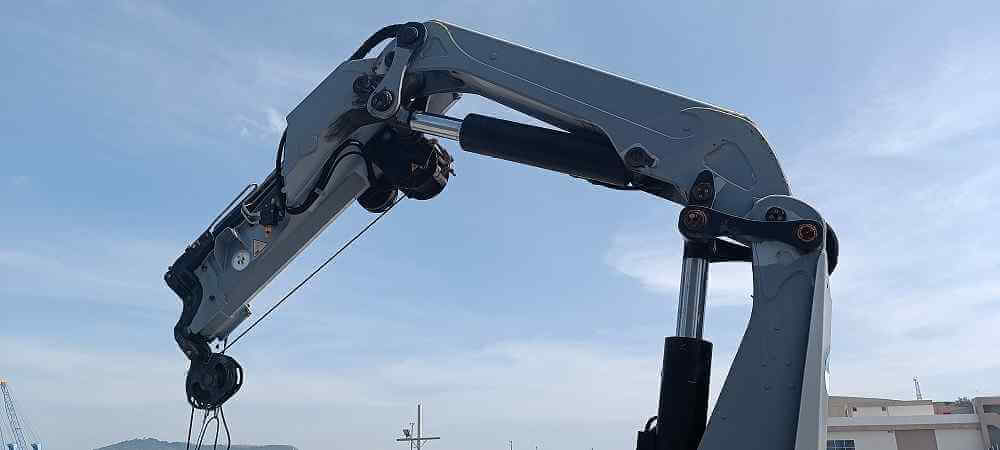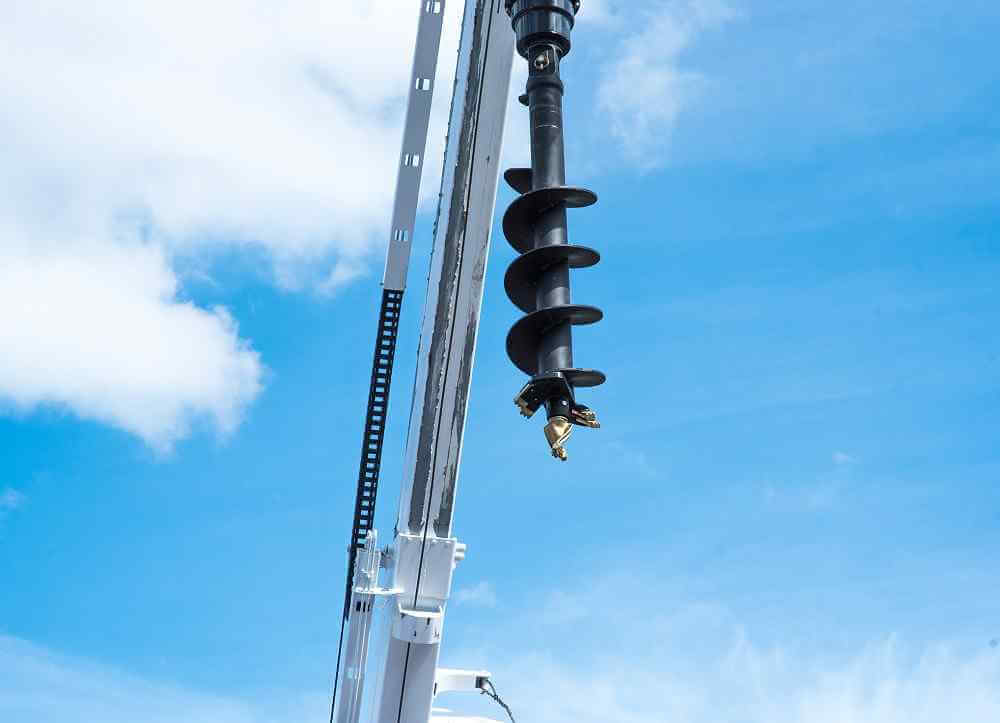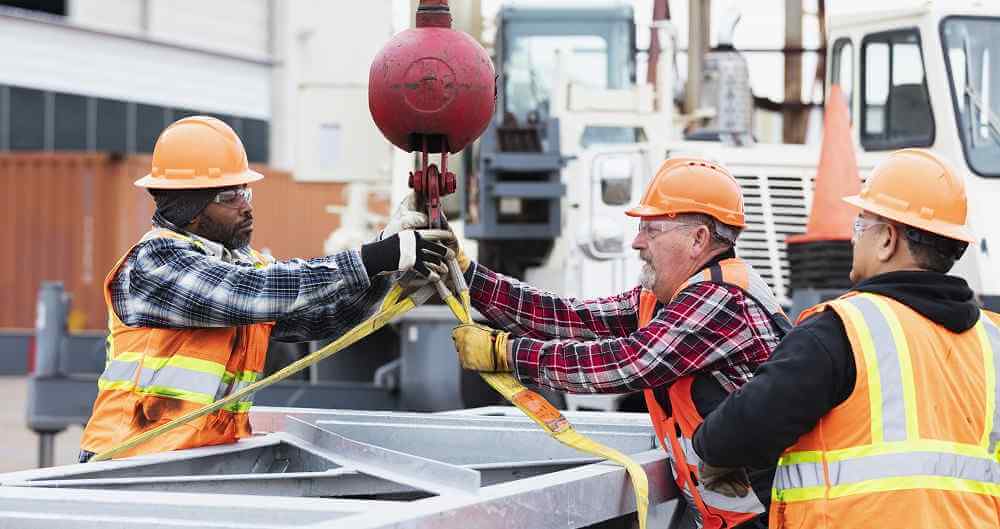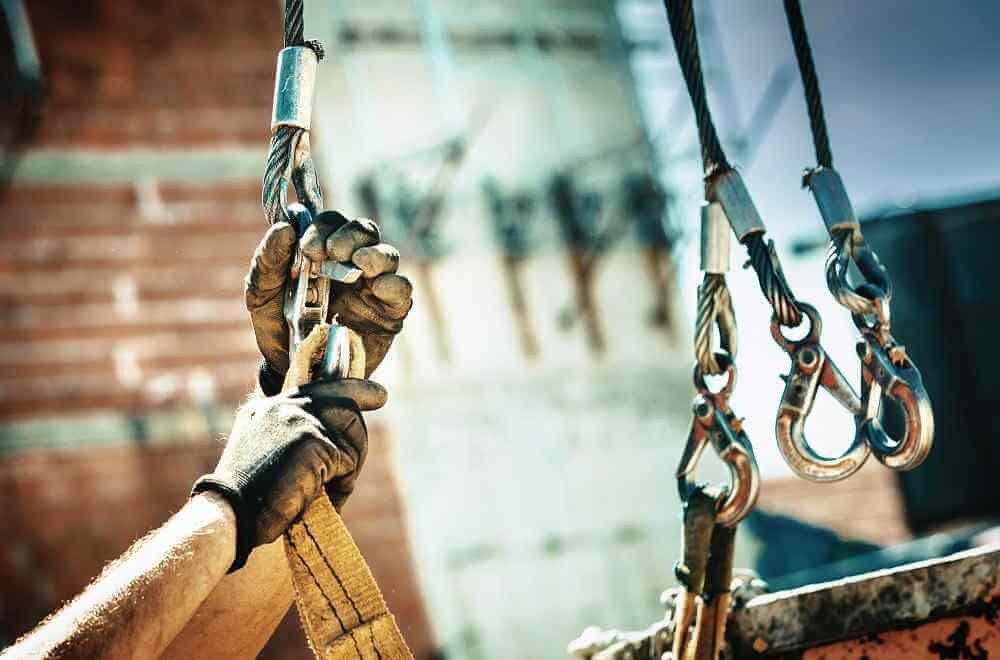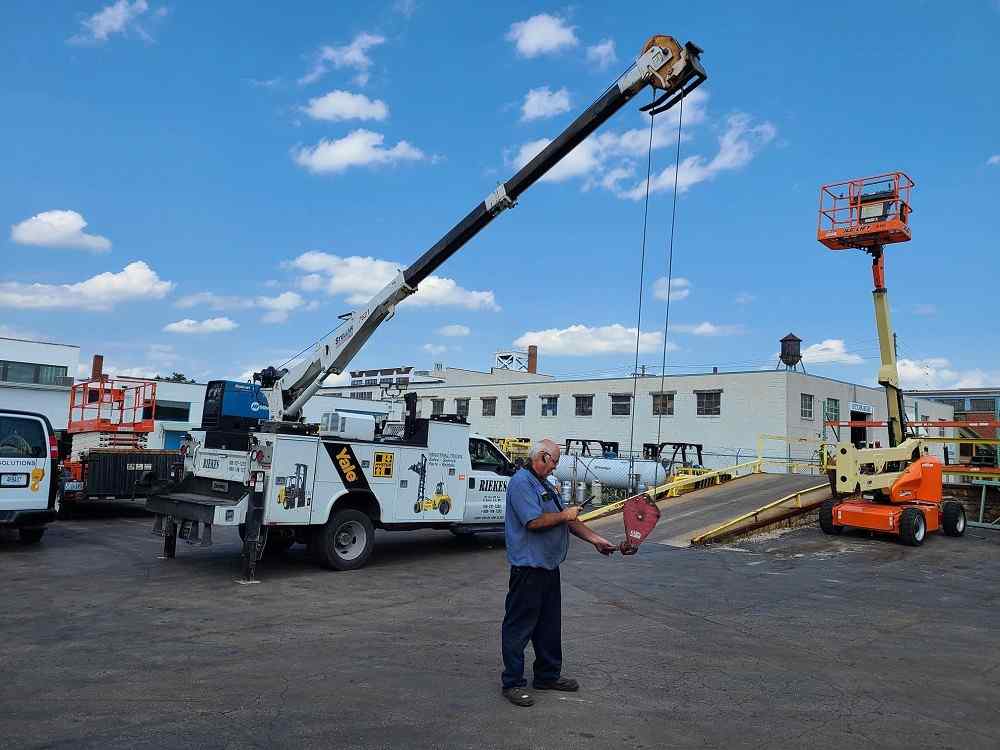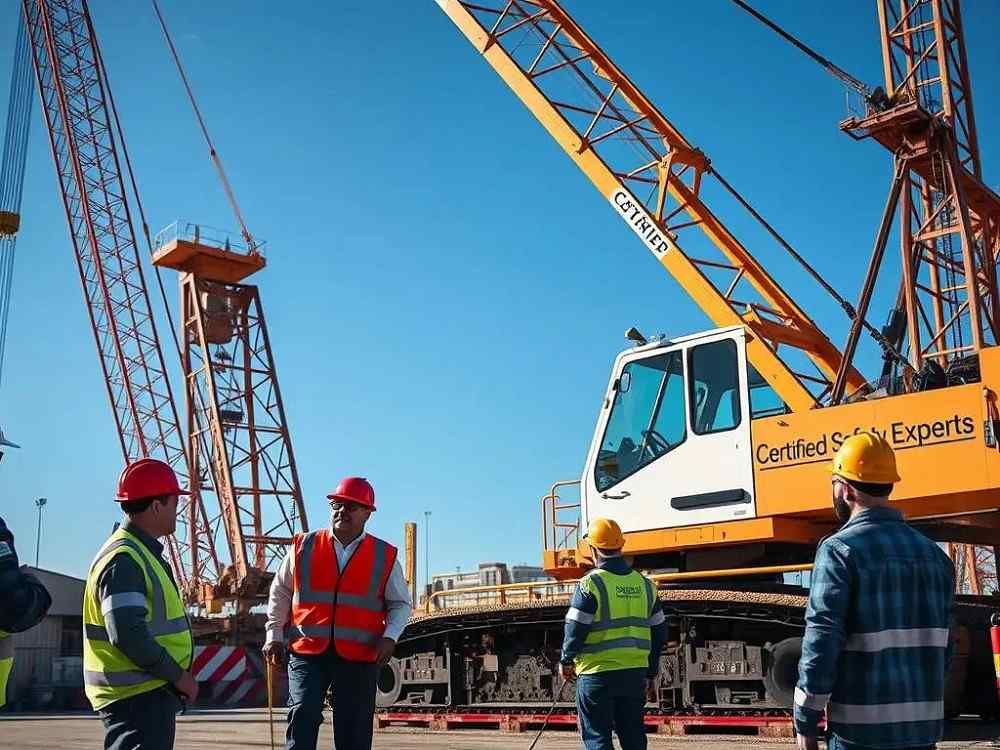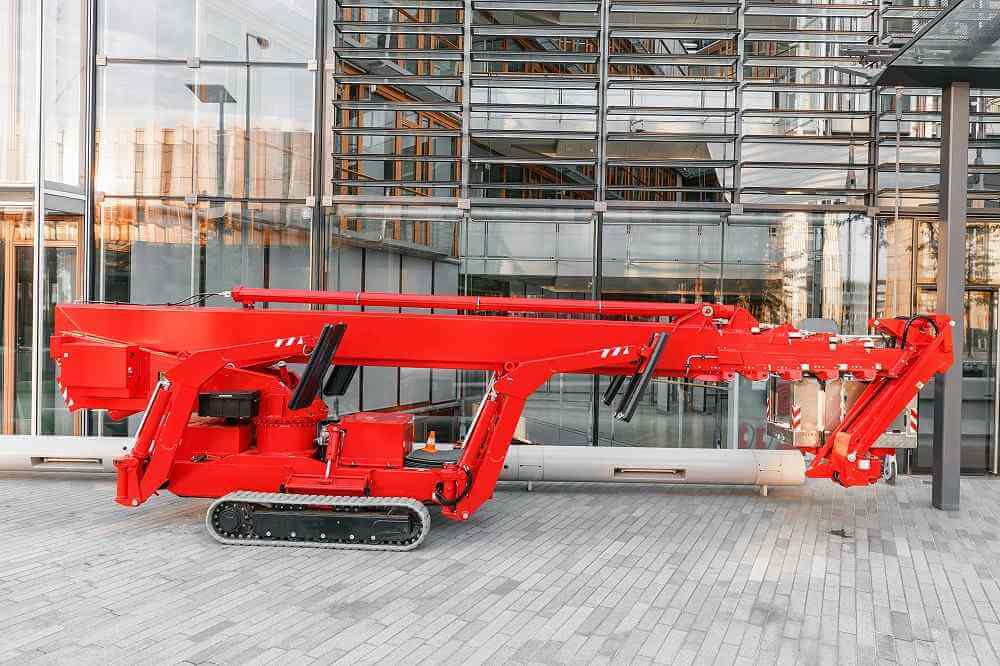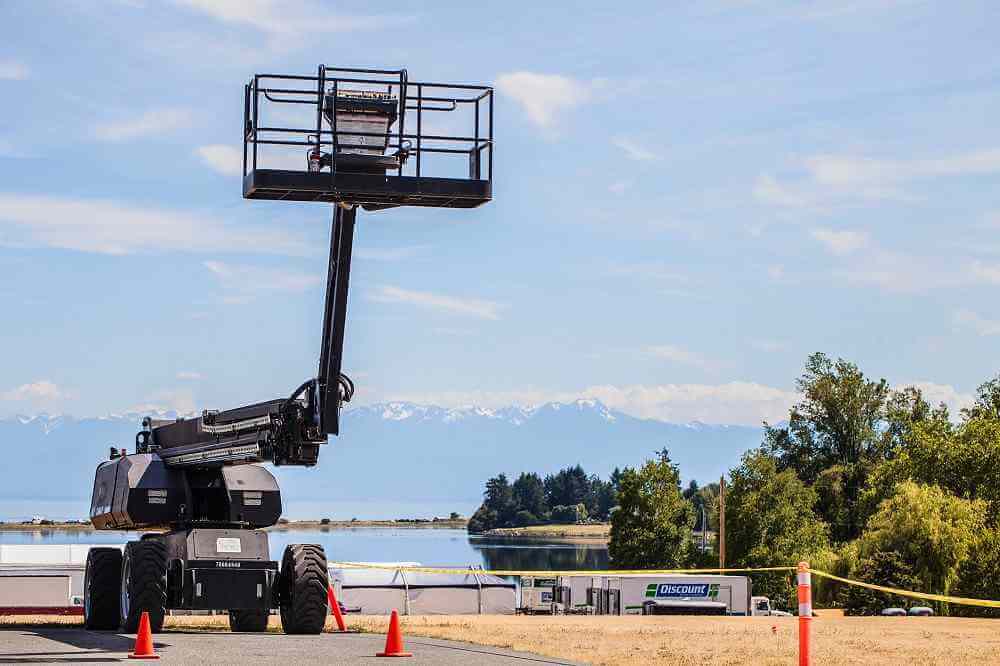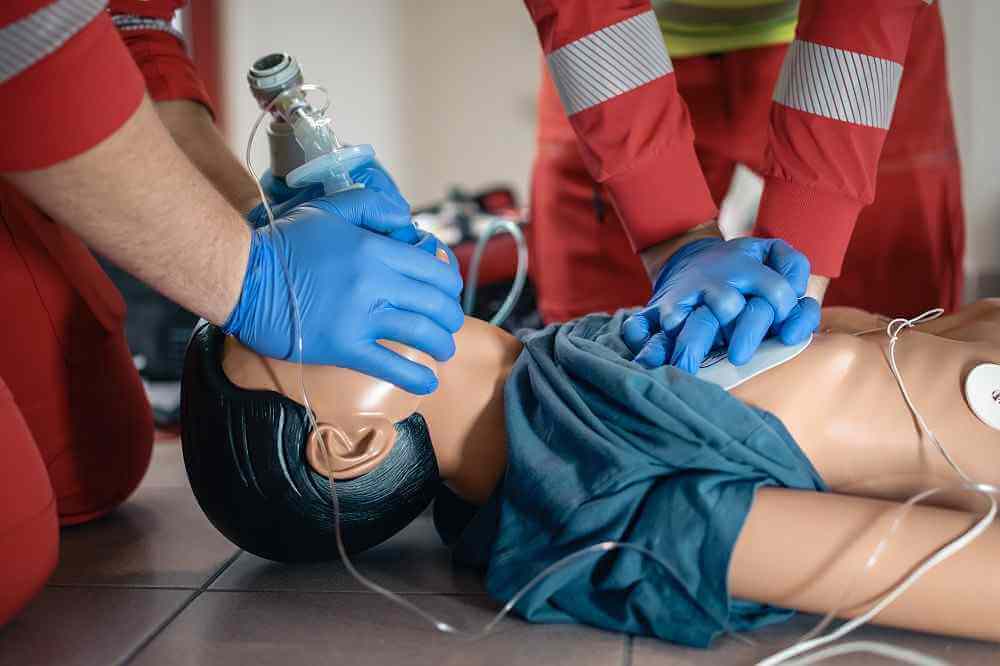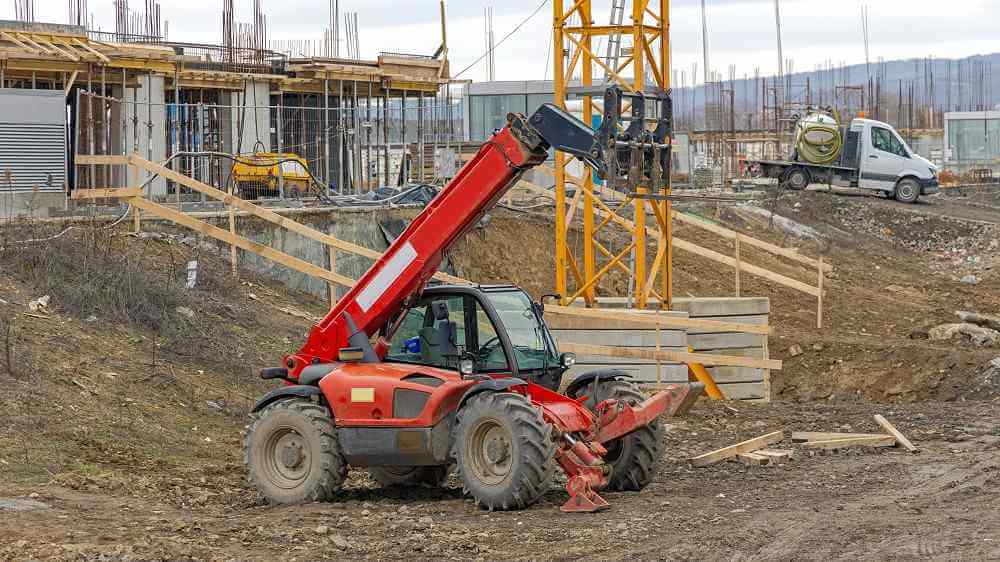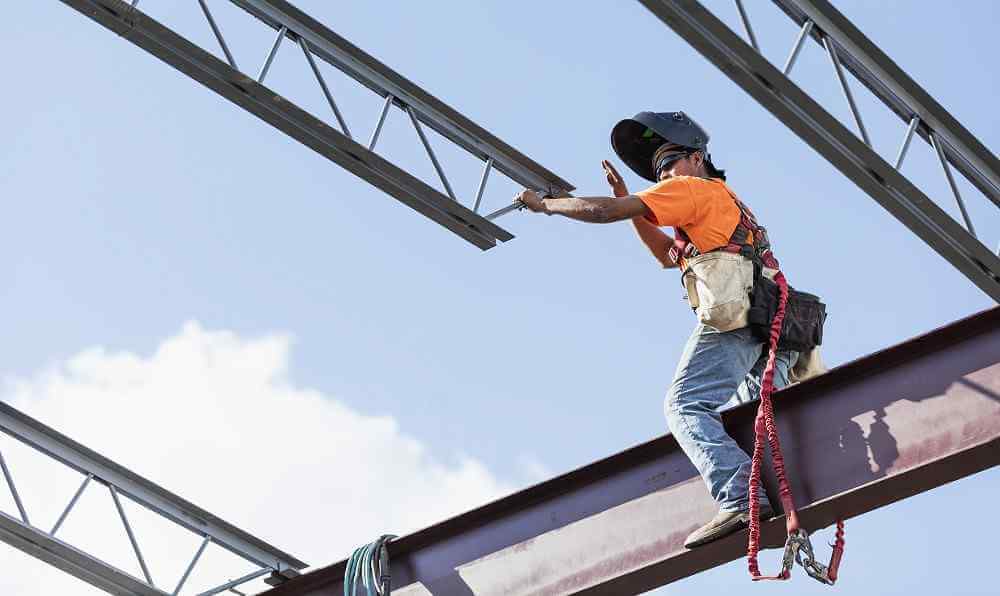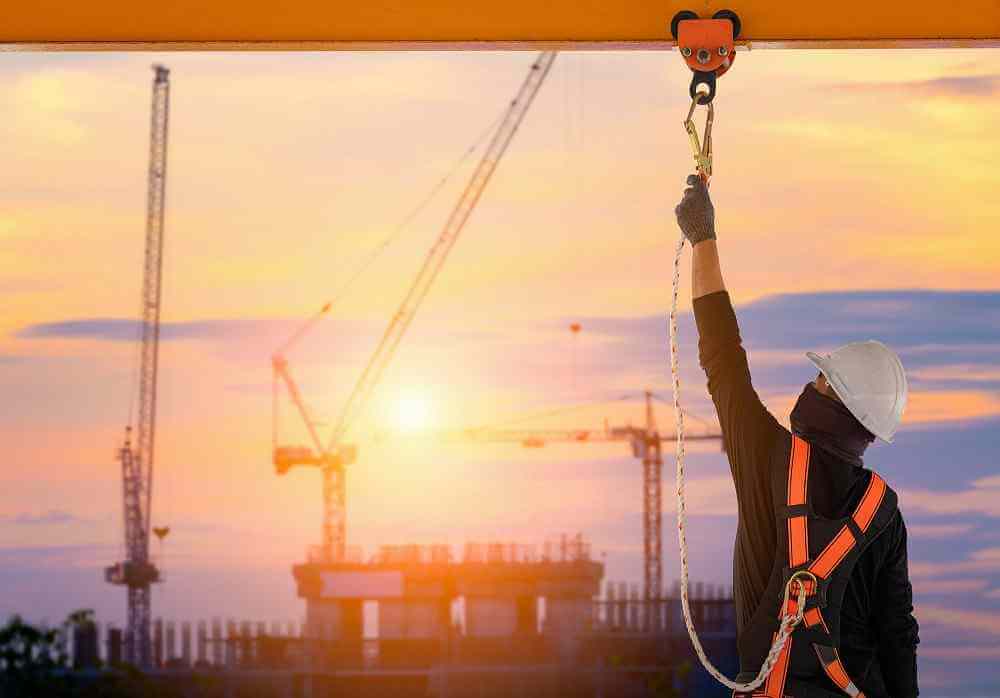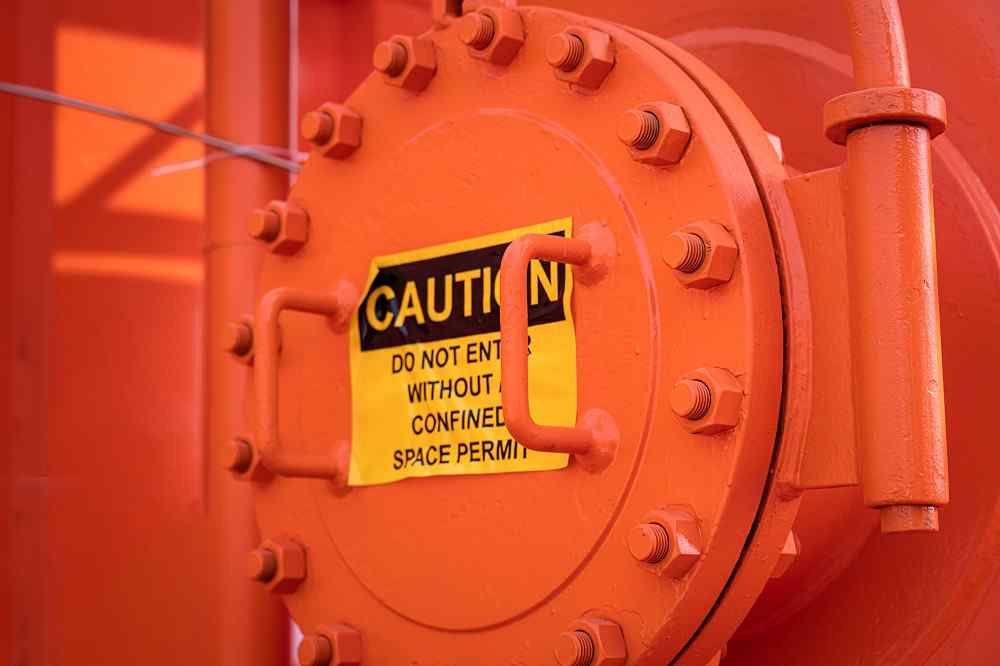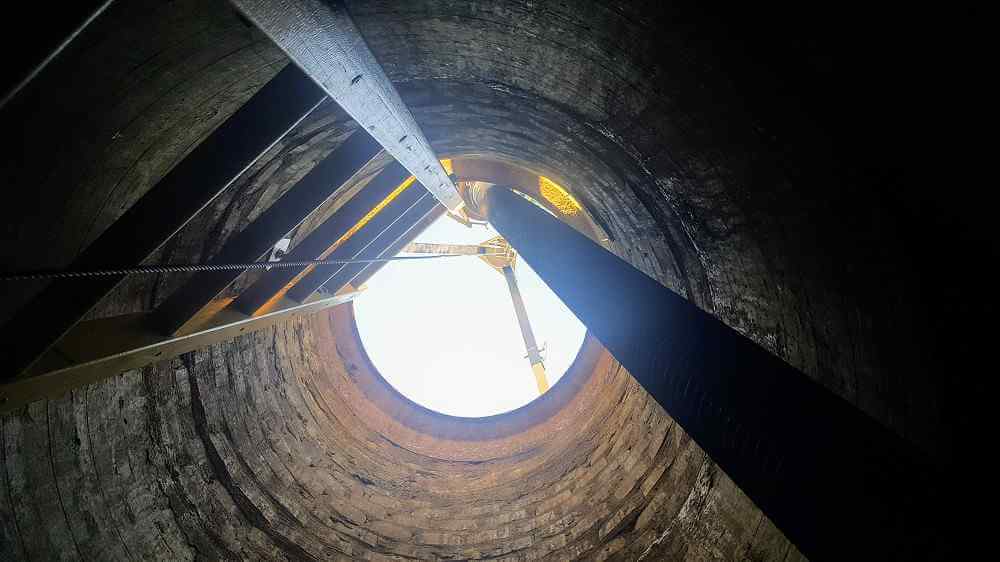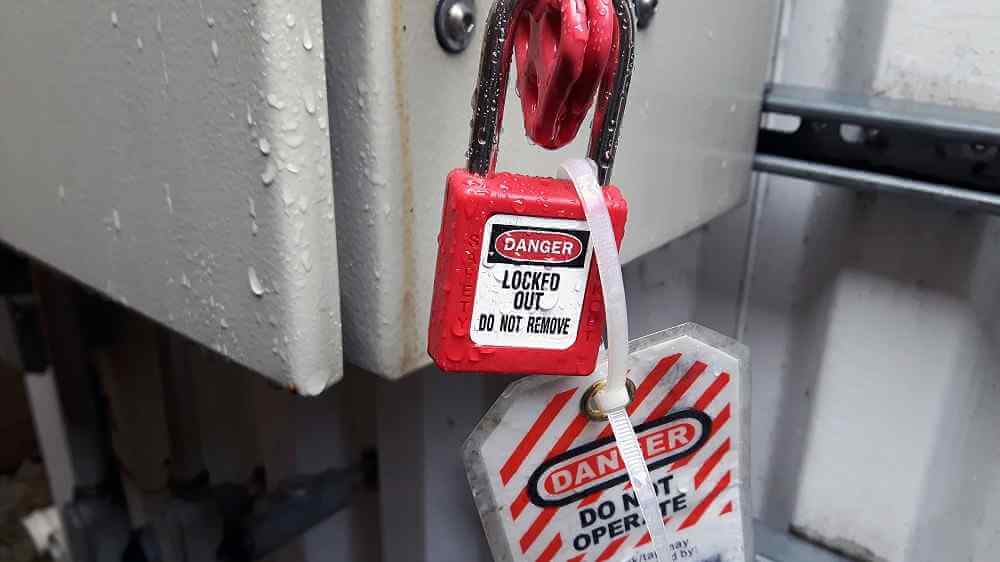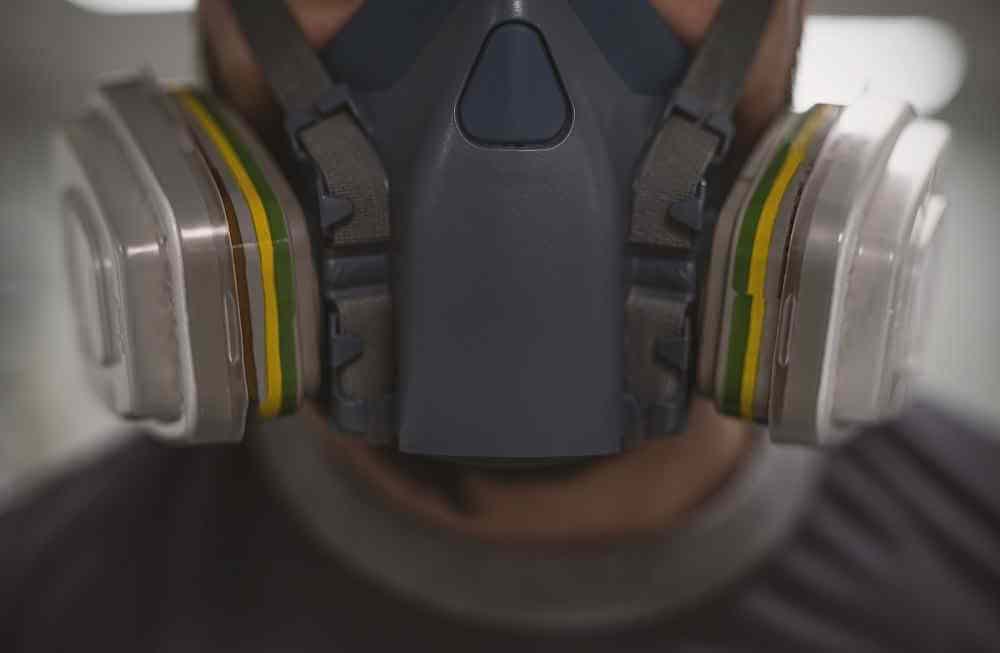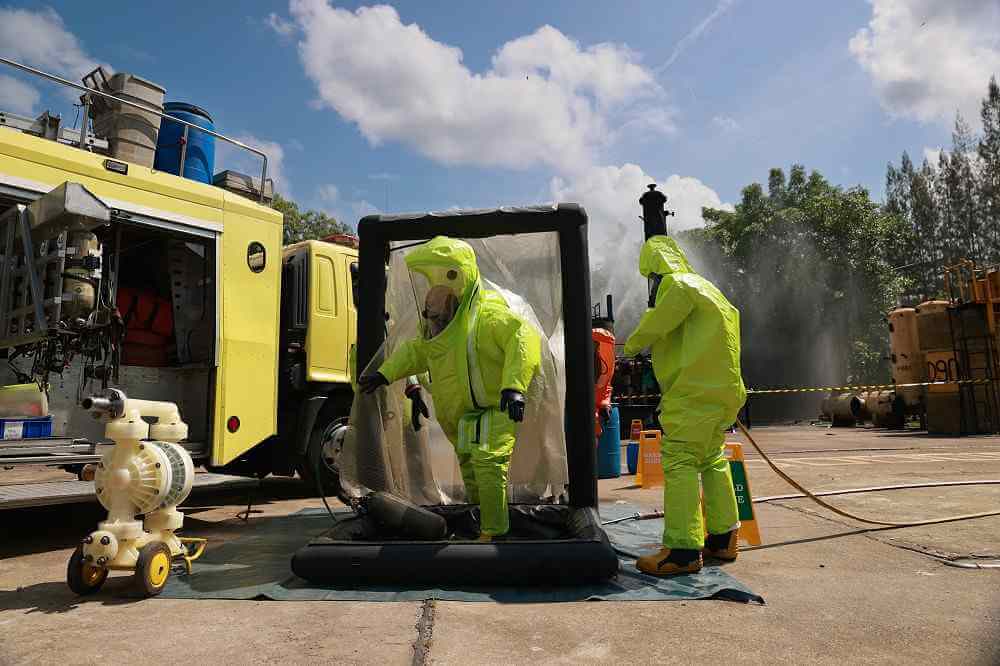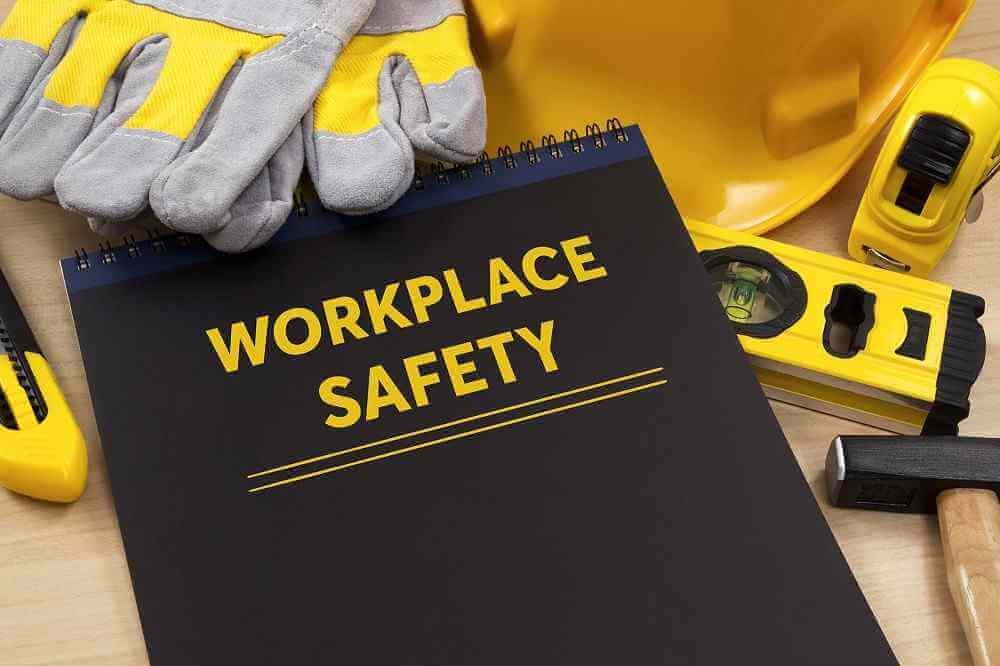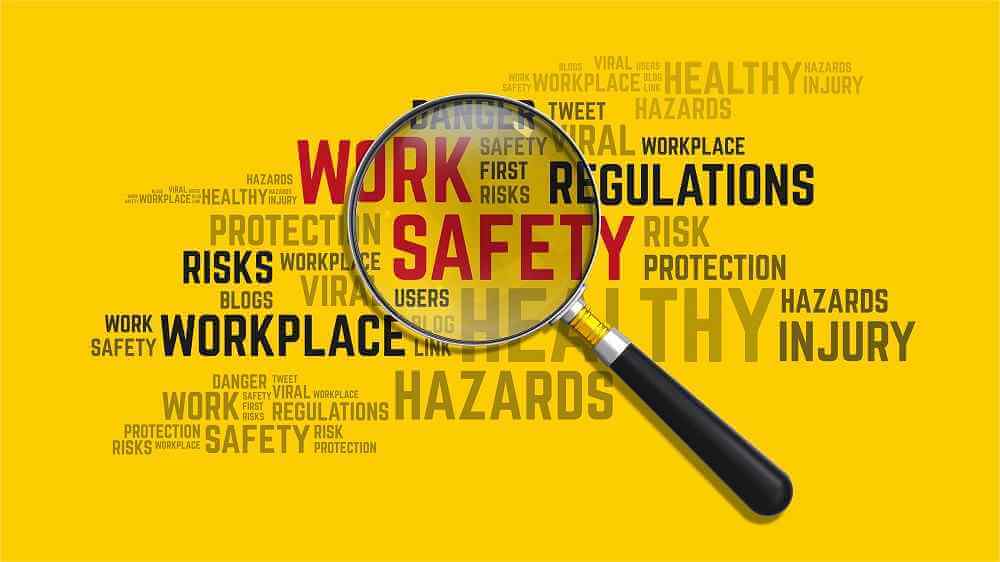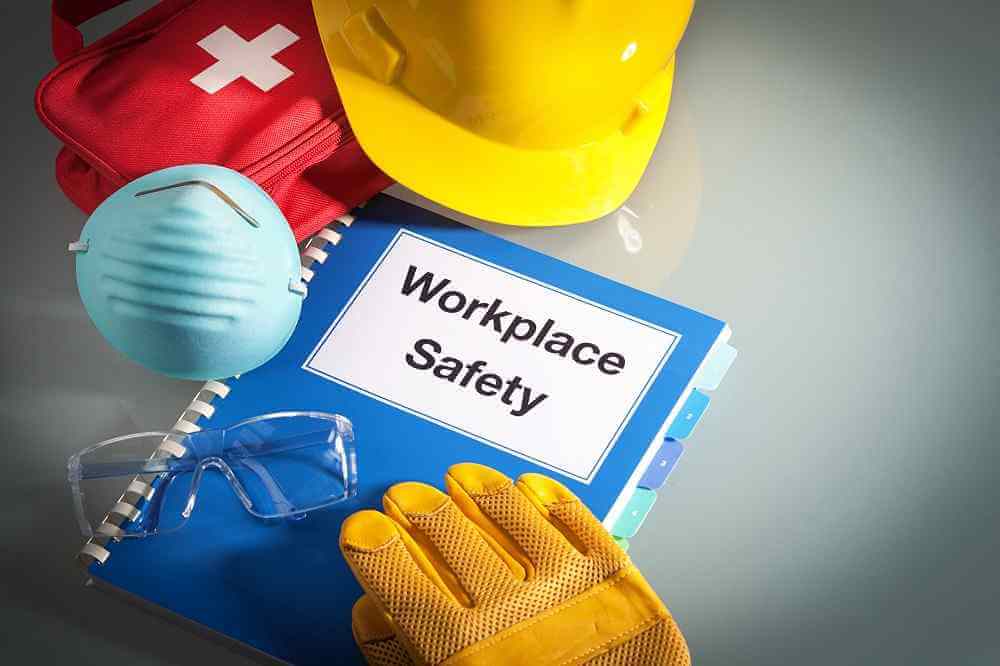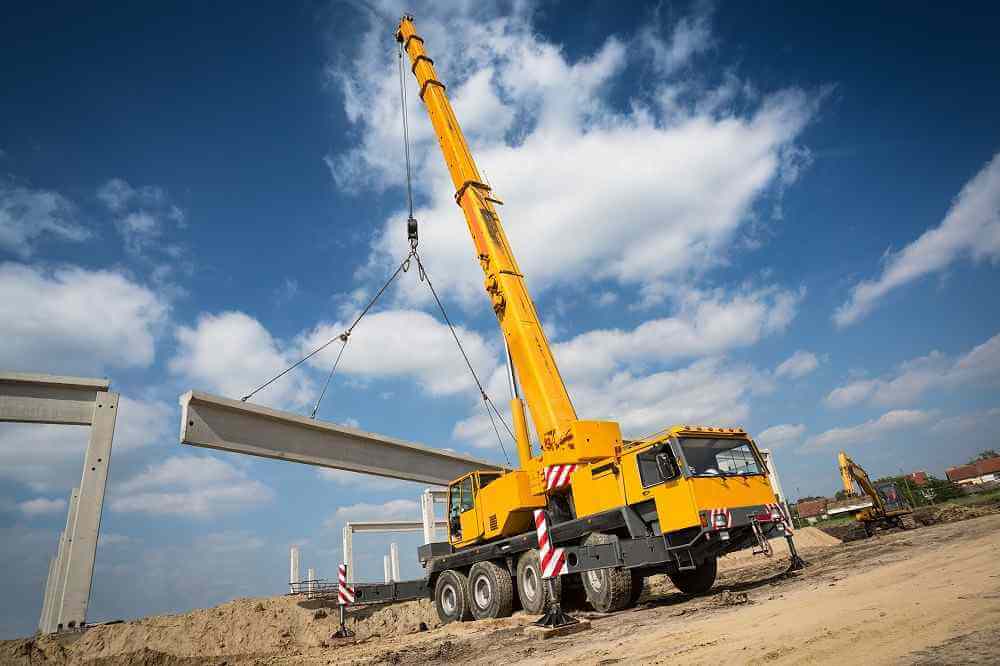
Mobile Crane NCCCO Certification Workshop
Learn MoreMobile Crane NCCCO Certification Workshop
This is a four-day NCCCO preparation course, a Nationally Accredited Certification organization. The OSHA 1926.1400 regulation requires crane operators working in construction or performing construction-related activities to be certified through a nationally accredited agency. During this workshop, the first two days involve classroom instruction, which includes OSHA and Industry Standards and Regulations overview, mock NCCCO test questions, load charts and additional information to help you prepare and ultimately become successful for the written core exam along with the crane specialty exams. On the third day, you will take a practical exam on the crane type you are looking to achieve certification in. You also have the opportunity to add practice time on the cranes before you take your practical exam to allow for familiarization and comfort level with that equipment. NCCCO Written Exams would be administered and completed on the fourth day.
Individuals who actively participate in the workshop are better prepared for the written exam. Our instructor’s real-world experience will also ensure you understand the concepts of the training material and how to practically apply it in the field. This workshop is also ideal for current mobile crane operators who need to re-certify before their NCCCO card is expired or adding additional specialties to their credentials.

